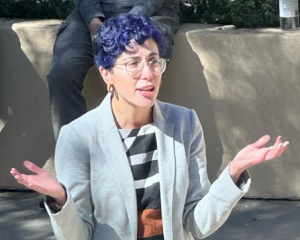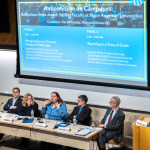The Case of Luigi Mangione: A Reflection on Ivy League Education, Campus Radicalization, and its Moral Compass
The arrest of Luigi Mangione for the murder of UnitedHealthcare’s CEO, Brian Thompson, has ignited a firestorm of debate, not only about the shocking act itself but also about what it reveals regarding the values instilled in students attending prestigious Ivy League universities. Mangione, a scion of a prominent Maryland family, seemed to have everything one could hope for: privilege, a stellar academic record, and a degree from the University of Pennsylvania. Yet, despite these seemingly stabilizing factors, he stands accused of a violent act that has been both condemned and, disturbingly, celebrated in some corners of society.
A Promising Life, A Shocking Descent
Mangione’s background paints a picture of privilege and potential. A valedictorian of Baltimore’s elite Gilman School, he earned both bachelor’s and master’s degrees in computer science from the University of Pennsylvania. He was well-liked, academically gifted, and seemingly on a clear path to success. Yet, his alleged admiration for Theodore Kaczynski’s Unabomber manifesto and his anger toward corporate America reveal a darker narrative—one that aligns with a growing culture of radicalization and disillusionment on college campuses.
Radicalization on Campus: A Growing Trend
The last year and a half have seen a surge of violent protests, radical rhetoric, and incidents of hate speech across U.S. universities. Ivy League institutions like the University of Pennsylvania have become central to this phenomenon, with their academic and cultural environments increasingly shaped by ideological extremism.
At Penn, this environment has been reinforced by the actions and rhetoric of certain faculty members. Professor Julia Alekseyeva has come under fire for praising Mangione as an “icon” and expressing solidarity with radical movements. Though she later apologized, her comments reflect a broader permissiveness in academic circles toward extremist rhetoric.
A year ago, Professor Huda Fakhreddine made troubling comments on social media that many interpreted as glorifying violence. Her remarks on October 7, describing Hamas’s attacks as “inventing a new way of life,” were widely criticized and later deleted, but they exemplify the permissiveness toward radical language that has taken root on campuses.
Such statements, coming from educators tasked with guiding young, impressionable minds, raise serious concerns about the role of faculty in fostering climates that normalize extremism and violence. When combined with academic programs that prioritize ideological frameworks like postcolonialism and decolonization, the result can be an environment where grievance and resistance—even violent resistance—are valorized.

Ideological Echo Chambers
Elite universities have increasingly prioritized ideological conformity over open inquiry. Programs centered on concepts like decolonization and postcolonial studies, while valuable in fostering critical discussion, can at times become platforms for polarizing rhetoric. Students are taught to view societal issues through the binary lens of oppressed versus oppressor, leading to simplified narratives that can justify extremism.
At Penn, such ideological frameworks have contributed to a culture where free speech is celebrated selectively, while dissenting views are silenced or vilified. Faculty members who engage in inflammatory speech—whether through glorification of violence or fostering resentment—bear responsibility for creating conditions where disillusioned individuals like Mangione might find validation for their actions.
A Crisis of Values
Mangione’s alleged descent into violence underscores a broader cultural crisis within elite institutions. While Ivy League universities pride themselves on intellectual rigor and moral leadership, they appear to have lost their way. Instead of equipping students with tools for constructive dialogue and ethical leadership, these campuses are increasingly fostering radicalism, anger, and nihilism.
This is not to shift the blame from Mangione’s alleged actions, but to highlight a systemic issue: the erosion of moral clarity in institutions that once served as cornerstones of education and character development. Universities must ask themselves if they are cultivating ethical leaders or providing fertile ground for extremism to flourish.
Conclusion
The case of Luigi Mangione is more than an isolated tragedy—it is a symptom of a deeper problem plaguing elite universities. Institutions like Penn must confront their role in shaping not just the intellect but the moral compass of their students. The permissiveness toward radical rhetoric, the ideological capture of curricula, and the failure to uphold clear boundaries against hate speech and incitement have all contributed to an environment of growing extremism.
If universities are to remain beacons of knowledge and leadership, they must return to their foundational values: intellectual freedom balanced with ethical responsibility. Anything less risks further disillusionment, radicalization, and the kind of violence we see in cases like Mangione’s.



